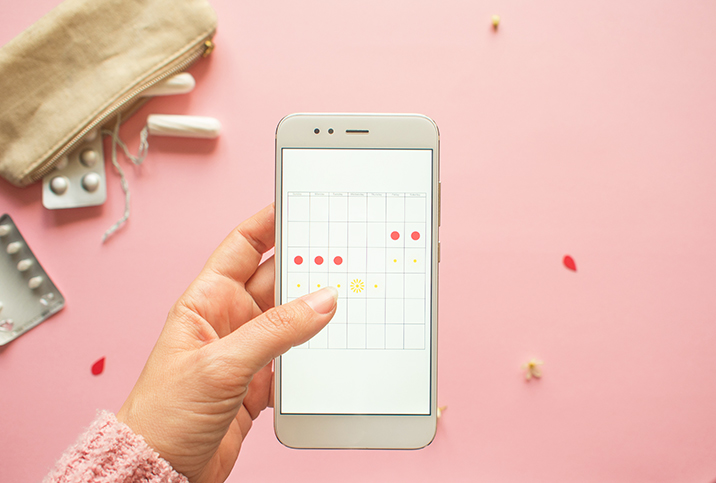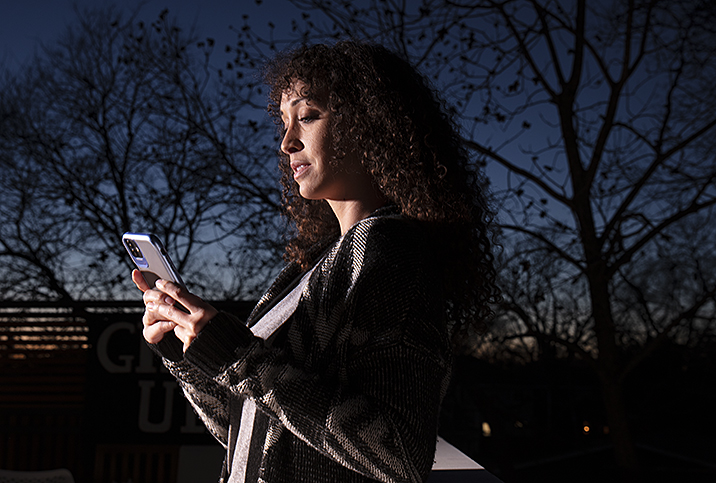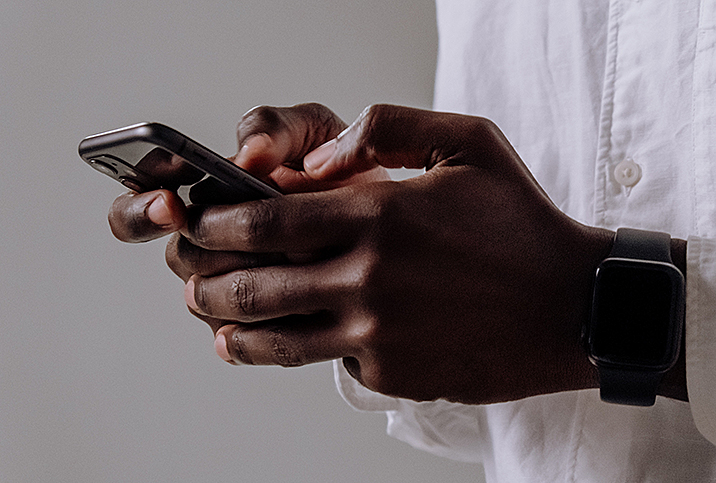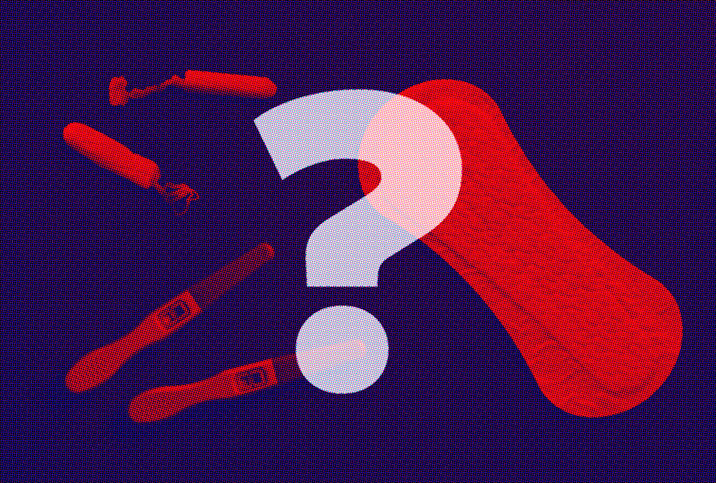Why You Should Definitely be Tracking Your Period

I used to lie to my gynecologist.
“When was the first day of your last period?” she’d reliably ask at the start of an exam, and I’d pick a date that seemed close enough. The truth was, I didn’t keep track. Beyond the first blush of blood on toilet paper telling me it was time to buy tampons, I never paid attention to its timing.
That all changed when a couple of abnormal cycles coincided with my partner and I deciding we wanted to get pregnant. Suddenly, this information was crucial and I had no firm track record of my menstrual cycle's history.
“Your period is like one of your vital signs,” said Tamyra Comeaux, M.D., an OB-GYN based in Texas. “Not just your last period, but your history of periods.”
Keeping a record of your cycle each month allows you and your doctor to identify patterns and irregularities. If you’re trying to get pregnant, it gives you a more reliable timeline on when you’ll be able to conceive. Otherwise, it can provide important information about your general health.
Knowledge is power
No one—not even your doctor—knows your body better than you do. But when it comes to all the internal workings of menstruation, tracking your periods is a great way to start educating yourself, said Victoria Alexander, a reproductive health educator based in Ontario, Canada.
It’s pretty obvious when menstruation occurs. But tracking your period can help you gain awareness of all four phases—menstruation, when the uterus sheds its lining; the follicular phase, when the ovaries prepare an egg; ovulation, when an egg is released from the ovary; and the luteal phase, the time between ovulation and menstruation, when the body prepares for a possible pregnancy—and their related physical changes (such as egg white vaginal discharge, a sign that you’re ovulating), Alexander said.
Keeping a record of your cycle each month allows you and your doctor to identify patterns and irregularities.
Gone are the days when tracking your period meant circling the day on a physical calendar tacked to the wall (although Alexander says she’s still a fan of old-fashioned methods because they leave more room for details.) Apps such as Clue, Flo and Modern Fertility all make it easy to input information about your cycle, the iPhone has a period tracker in the Health app, and smart devices Garmin and Fitbit also include ways to track your cycle. It doesn’t matter what method you use, Comeaux said, as long as you use it regularly.
Your period is a report card for your health
A recorded history of past cycles is a great tool for you and your doctor to assess your overall health. “[The period] is a window into the workings of a female body,” said Melanie D. Watkins, M.D., an OB-GYN based in Georgia. “If it’s irregular, it can potentially be a sign of undiagnosed medical conditions like anemia, diabetes, thyroid disease, endometriosis, hormonal irregularities like polycyclic ovarian syndrome, anorexia, premature ovarian failure or even cancer.”
It’s not just about tracking the timing and duration, but noting the color, consistency and related symptoms. A heavy flow can point to fibroids or anemia, Comeaux added, while a very light flow might indicate a hormonal imbalance. Nothing should be assumed, however. If you notice menstrual cycle irregularities or problematic symptoms, the first step is seeing your doctor. If you’ve tracked your past periods, they’ll have an easier time addressing your concerns.
The medical benefits of tracking your period cannot be underestimated.
Getting pregnant will be easier if/when you want to
If you’re using an app that helps predict ovulation, each time you input data it improves the prediction of your elusive fertile window, in which you can conceive. Most women are fertile for about five days before ovulation and for about 12 to 24 hours after ovulation occurs—typically about 14 days before your next period.
“Some people can have sex once per week and routinely miss the ovulation window,” said Comeaux. “If you can narrow down when you potentially ovulate, you can be more strategic with your intimacy.”
Tracking my period has made it easier to know when I should start using ovulation strips, which can help you detect a spike in the LH hormone that occurs the day before you ovulate.
This careful attention paid to my cycle has also shed light on slight changes in how I feel throughout the month and why, which makes me feel more in tune with my body overall. Tracking my period is now a thing I do just as naturally as I once ignored it.



















